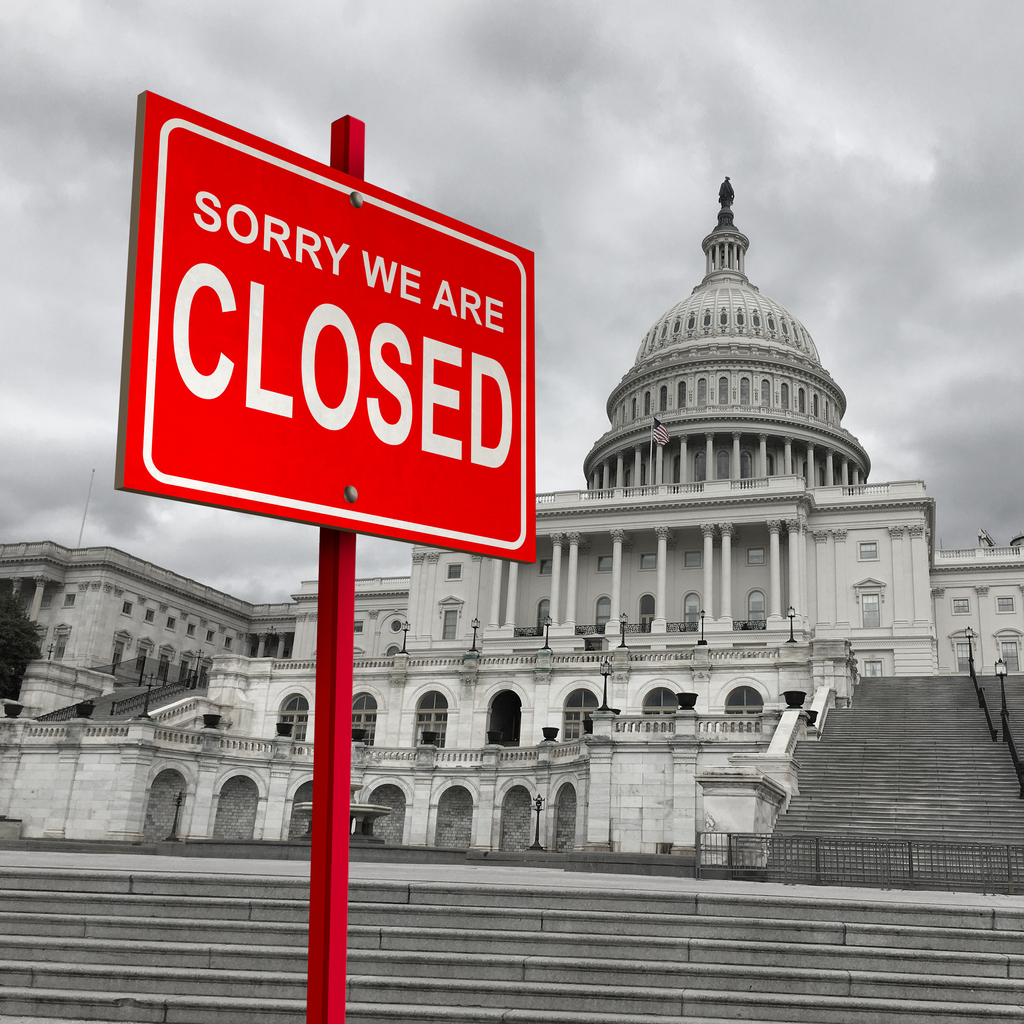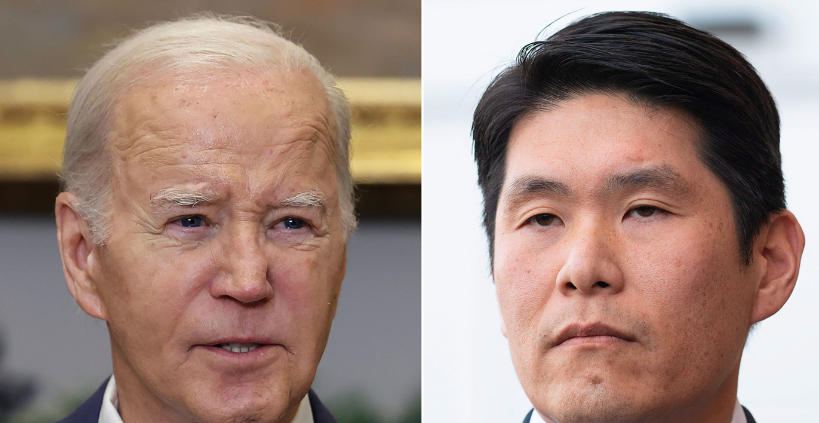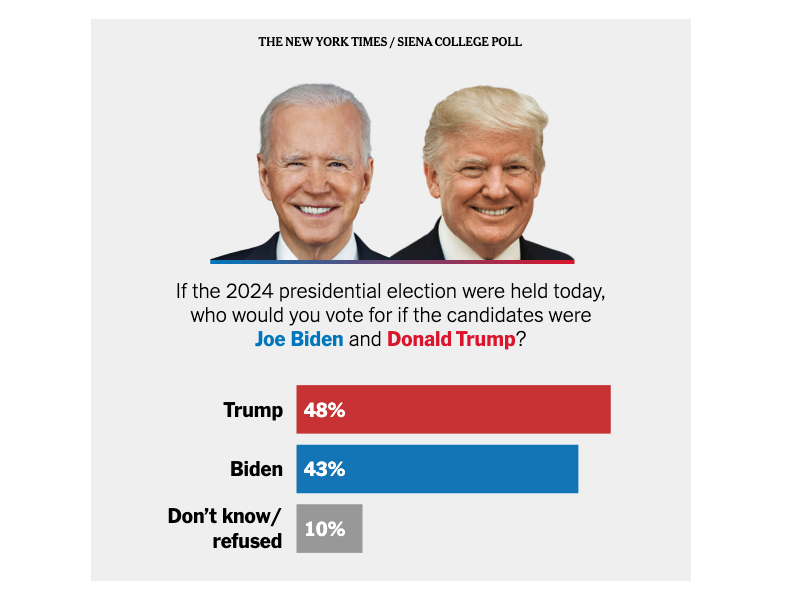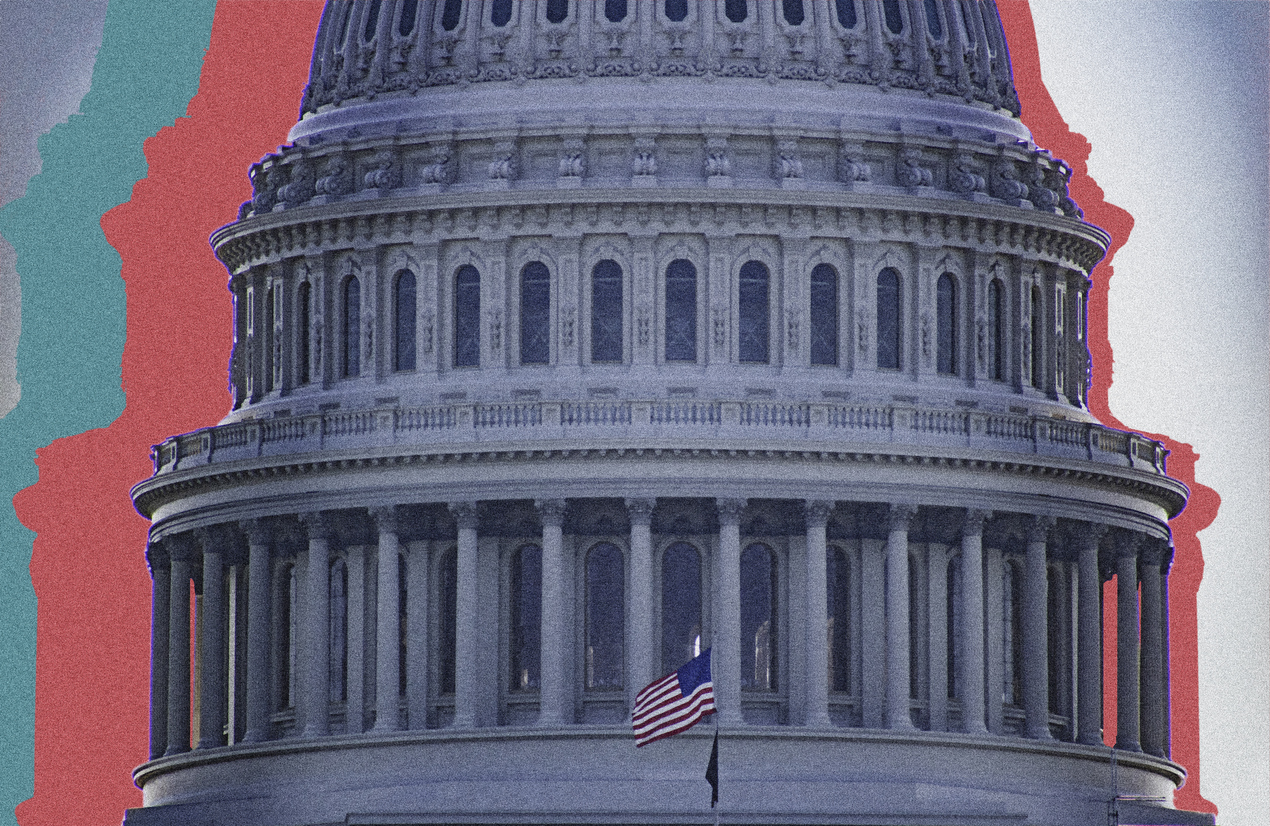
On Monday, the White House unveiled a significant new regulation aimed at improving the quality of care in nursing homes across the United States. Vice President Kamala Harris is set to officially announce this pivotal rule during her upcoming visit to Wisconsin, marking a crucial step forward in healthcare reform for elderly care facilities.
Addressing Chronic Understaffing in Nursing Homes
The newly introduced rule mandates that all nursing homes receiving Medicare and Medicaid funding must adhere to a minimum staffing level of 3.48 hours per resident per day. This requirement translates to a necessity for each facility housing 100 residents to employ at least two or three registered nurses, alongside ten or more nurse aides and two additional nursing staff members. The aim is to ensure that every facility meets a new standard of care that prevents understaffing—a prevalent issue that has been linked to substandard care and unsafe conditions in nursing homes.
Enhancing 24/7 Skilled Nursing Care
A cornerstone of the new mandate is the requirement for nursing homes to have a registered nurse available on-site 24 hours a day, seven days a week. This provision is designed to guarantee continuous skilled nursing care for all residents, addressing gaps in care that can occur in facilities with less rigorous staffing schedules.
Benefits for Residents, Families, and Staff
The White House highlighted several benefits that the new rule is expected to bring. Primarily, it will enhance the quality of life for residents by ensuring they receive attentive and professional care. Families of residents will gain peace of mind knowing that their loved ones are in safe hands. Furthermore, the rule aims to alleviate the burden on nursing home workers who often face burnout and high turnover rates due to heavy workloads and inadequate support.
Economic Impact and Worker Demographics
Medicare and Medicaid collectively contribute billions of dollars annually to support nursing home care for approximately 1.2 million American citizens. Despite this substantial investment, many facilities have historically understaffed their operations, compromising both care and safety. The administration has also pointed out that people of color, particularly Black women, are disproportionately represented in the nursing home workforce, which underscores the need for equitable labor policies in this sector.
Challenges and Legislative Pushback
The path to implementing these new standards was not without its challenges. The administration initially faced resistance from a bipartisan group of lawmakers concerned about potential restricted access to senior care in already struggling facilities. However, the revised rules have been crafted with considerations for the disparities in rural healthcare, where facilities are dwindling due to decades of decline.
Expanding Reforms to Home Care
Alongside the nursing home staffing rule, the administration also finalized a regulation aimed at improving home care services. This rule mandates that at least 80% of Medicaid payments for home care services be directed towards workers’ wages to help reduce turnover and enhance the quality of care. Additionally, it requires states to increase transparency in how they pay for home care services and set up a “home care rate-setting advisory group” to consult on provider payment rates.
Implementation and Phased Approach
To facilitate a smooth transition, the new rules will be implemented in phases, giving facilities adequate time to adjust to the changes. This phased approach is particularly mindful of rural communities and includes provisions for other limited exemptions to ensure that the new standards do not overly burden existing operations.
Addressing Ongoing Issues in Healthcare
The announcement comes against the backdrop of ongoing issues such as staffing shortages and poor infection control in nursing homes—a situation that has persisted since the pandemic. The administration’s effort to legislate improved staffing norms and better compensation for home care workers reflects a significant commitment to tackling these long-standing challenges.
Conclusion
The new federal rule introduced by the Biden administration represents a decisive action to uplift the standards of nursing home care across the nation. By setting mandatory staffing minimums, ensuring round-the-clock skilled nursing availability, and improving compensation for home care workers, the administration aims to enhance the lives of millions of seniors and disabled Americans, ensuring they receive the dignified and high-quality care they deserve.











